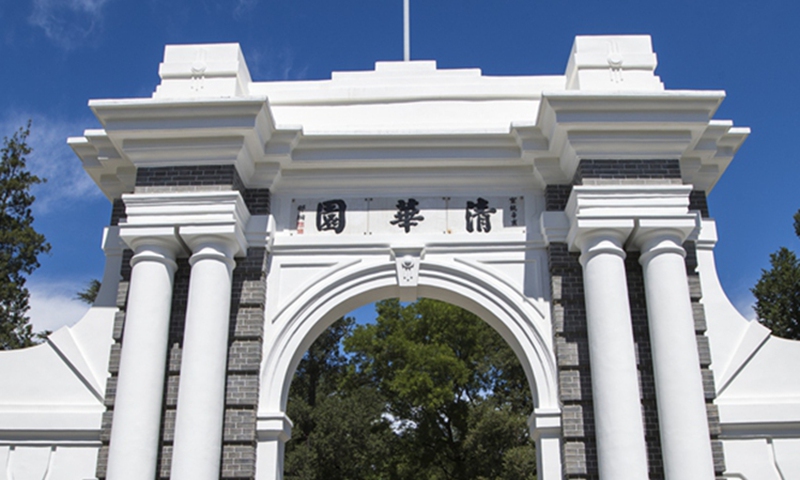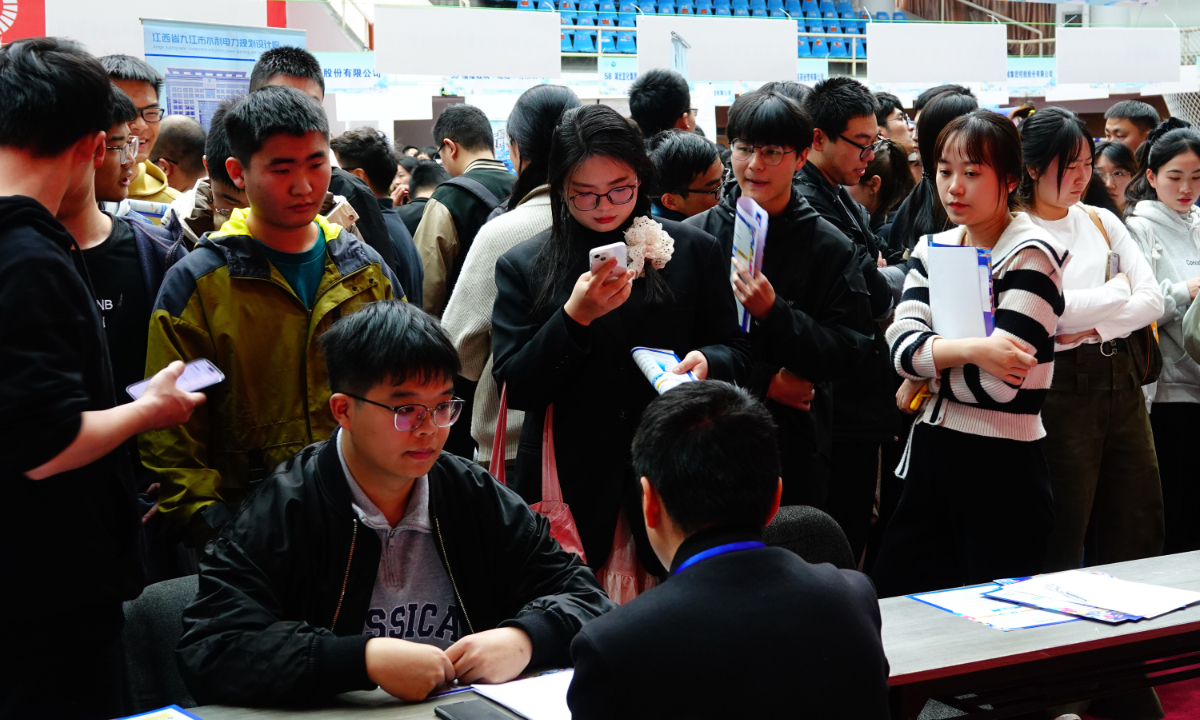China’s Ministry of Education adds 29 new undergraduate majors, covering AI, other cutting-edge technologies

AI Photo: VCG
China's Ministry of Education (MOE) on Tuesday announced an updated undergraduate program catalogue, adding 29 new majors in emerging sectors such as artificial intelligence (AI) and the low-altitude economy, which will be included in this year's gaokao, or national college entrance examinations, according to an official statement.
These new majors accord with national strategies, market demands and technological development needs. To support national strategies, specialties such as regional and country studies, carbon neutrality science and engineering, marine science and technology and health and medical security, are being established, read the statement.
To push forward cutting-edge technologies, programs such as intelligent molecular engineering, medical devices and equipment engineering, as well as spatiotemporal information engineering, are also being introduced to the catalogue.
Market-oriented majors such as international cruise management and aviation sports are being created to adapt to industry needs. Additionally, majors focusing on AI in driving economic and social development, including AI education, intelligent audiovisual engineering and digital drama, have been added.
These new majors will be conducive to efficiently cultivating dedicated talent for the crucial sectors, while helping increase China's competitiveness and influence as well as benefiting its industrial advancements and upgrading, Wang Peng, an associate research fellow at the Beijing Academy of Social Sciences, told the Global Times on Tuesday.
The MOE has also introduced an exceptional approval mechanism for strategically important majors to adapt to national priorities. This includes a "green channel" for an immediate approval of disciplines aligned with government priorities and emerging key sectors.
For example, to meet the rapid development demands of the low-altitude economy, six universities - including Beihang University in Beijing - have been authorized to establish low-altitude technology and engineering programs, bypassing conventional centralized application procedures.
Wang said that this move will facilitate a swift response to national strategic demands and address talent shortages in a timely way, which will accelerate the development of the low-altitude economy.
The updated catalogue now includes 93 disciplinary categories and 845 collegiate majors. Nationwide, there are 62,800 undergraduate program distribution points across higher education institutions, the ministry's statement noted.
Wang noted that emerging interdisciplinary fields are poised to become a pivotal direction for talent development, with the rapid advancement of science and technology and increasing convergence among academic disciplines. He also highlighted the importance of deepening industry-education integration along with prioritizing the introduction of premium international educational resources.
As for specific majors, Wang expected more courses under categories such as quantum information science, new energy and energy storage technologies and biotechnology and biomanufacturing to be set up.
It is estimated that China faces a workforce shortage of more than 5 million people in AI, 2.3 million in big data, more than 1 million in new-energy vehicles and another 1 million in drone operators for the low-altitude economy, according to recent statistics, the Xinhua News Agency reported.
Global Times



